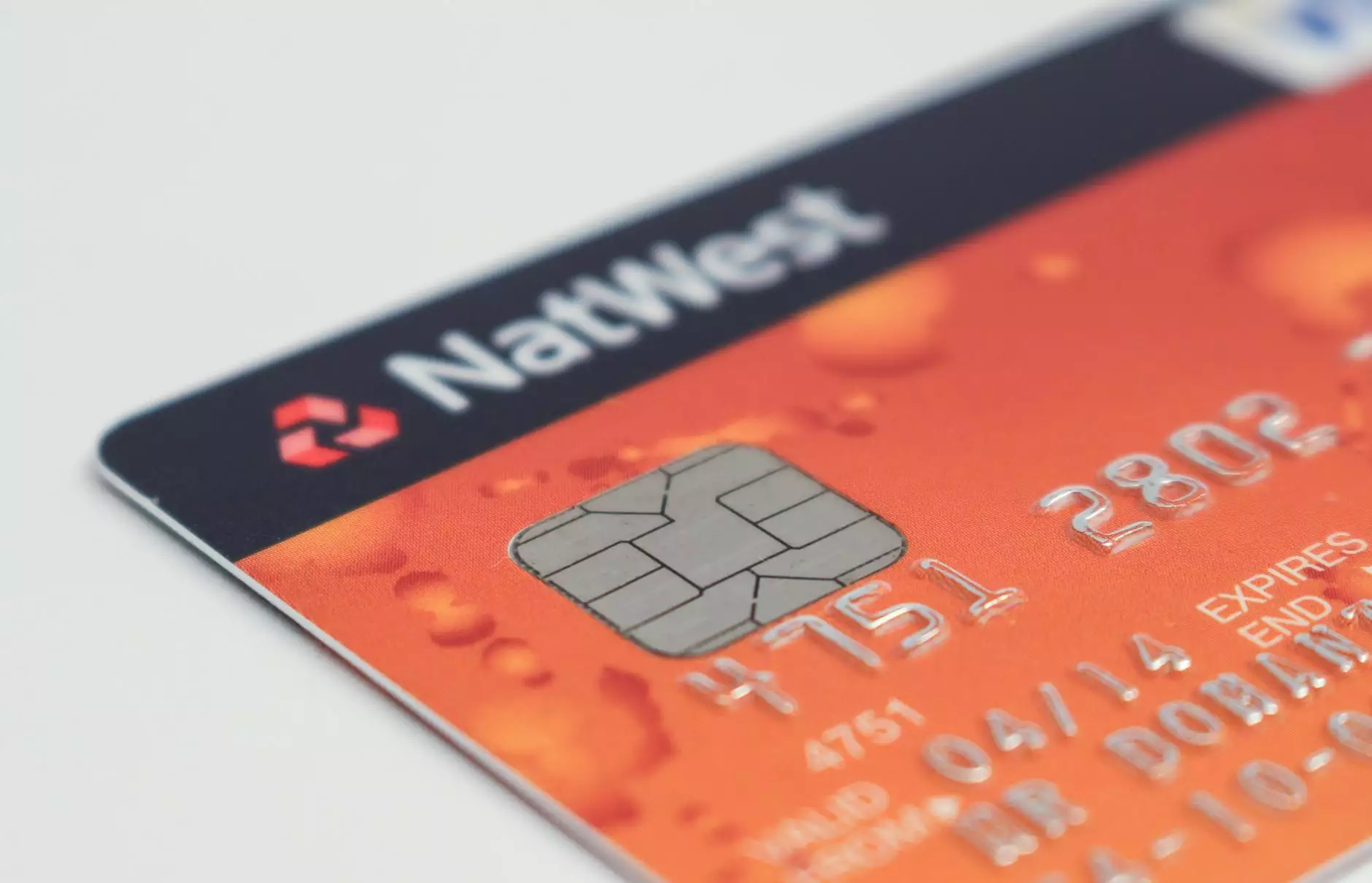Title Glossary - Your Dream Home Idaho

Introduction to Real Estate Titles
Welcome to Your Dream Home Idaho's Title Glossary, where we provide a comprehensive guide to the various terms and definitions related to real estate titles. Understanding these key terms and terminology is essential for anyone involved in the home buying and selling process. Whether you are a first-time buyer or a seasoned investor, this glossary will help you navigate the complexities of real estate titles with ease.
What is a Real Estate Title?
A real estate title is a legal term that refers to the ownership rights and interests in a property. It represents the bundle of rights that the owner holds over the property, including the right to use, enjoy, and transfer the property. Establishing a clear and marketable title is crucial in any real estate transaction, as it ensures a smooth transfer of ownership and protects the buyer's investment.
Key Terms and Definitions
1. Deed
A deed is a legal document that transfers ownership of a property from one party to another. It contains the names of the buyer and seller, a description of the property, and any conditions or restrictions that may apply. A deed is typically recorded in the county where the property is located to provide notice to the public of the change in ownership.
2. Title Search
A title search is a process conducted by a title company or an attorney to examine the history of a property's title. It involves reviewing public records, such as deeds, mortgages, and liens, to determine if there are any existing claims or encumbrances on the property. The purpose of a title search is to verify the seller's right to transfer ownership and to identify any potential issues that may affect the buyer's rights to the property.
3. Chain of Title
The chain of title refers to the sequence of transfers and conveyances that establish a property's ownership history. It includes all the recorded documents that have created or transferred an interest in the property. A clear and unbroken chain of title is necessary to ensure that the current owner has valid and marketable title to the property.
4. Marketable Title
A marketable title is a title that is free from defects, liens, and other encumbrances that could affect its value or restrict its transferability. In order to convey marketable title, the seller must resolve any outstanding issues or claims on the property. Buyers often require a marketable title to protect their investment and obtain financing for the purchase.
5. Title Insurance
Title insurance is a type of insurance that protects the buyer and lender against any unforeseen issues or defects in the title. It provides coverage for financial loss due to title-related problems, such as undisclosed liens, forged documents, or errors in the title search. Title insurance is typically purchased during the closing process and offers peace of mind to both parties involved in the transaction.
6. Escrow
Escrow is a process where a neutral third party holds and disburses funds, documents, and instructions on behalf of the buyer and seller. It ensures a secure and fair exchange of property, money, and documents during a real estate transaction. The escrow agent acts as a facilitator, following the instructions of both parties to ensure a smooth and successful closing.
7. Lien
A lien is a legal claim or encumbrance on a property that is used to secure a debt or an obligation. Common types of liens include mortgages, tax liens, and mechanic's liens. A lien gives the lienholder the right to take legal action to recover the amount owed if the debt is not repaid. It is important to address any existing liens on a property before completing a purchase to avoid potential complications.
8. Easement
An easement is a legal right that allows someone to use or access another person's property for a specific purpose. It could be a shared driveway, a utility easement, or a right-of-way for access to a nearby lake or beach. Easements are recorded in the property's title and may have certain restrictions or conditions. It is crucial to understand the existence and terms of any easements when considering a property purchase.
9. Covenants, Conditions, and Restrictions (CC&Rs)
CC&Rs are provisions that are typically found in the governing documents of a homeowners' association (HOA) or a planned community. They outline rules, regulations, and restrictions that homeowners must abide by. CC&Rs can cover a wide range of topics, such as architectural guidelines, landscaping requirements, and pet restrictions. It is important to review and understand the CC&Rs before purchasing a property in an HOA or a planned community.
10. Plat Map
A plat map is a detailed survey or map that shows the boundaries, dimensions, and legal descriptions of a specific piece of land. It indicates the location of streets, lots, easements, and other features within a subdivision or a development. Plat maps are often used in the real estate industry for planning, zoning, and property valuation purposes. They provide valuable information for buyers and sellers to understand the layout and characteristics of a property.
Conclusion
With our comprehensive Title Glossary, Your Dream Home Idaho aims to equip buyers, sellers, and industry professionals with the knowledge and understanding of the key terms and definitions related to real estate titles. Navigating the real estate market can be complex, but having a solid grasp of the terminology will give you an advantage in making informed decisions throughout the home buying and selling process.
Remember, the information provided in this glossary is for informational purposes only and should not be construed as legal advice. For specific questions or concerns regarding real estate titles, we recommend consulting with a qualified attorney or a reputable title company.










